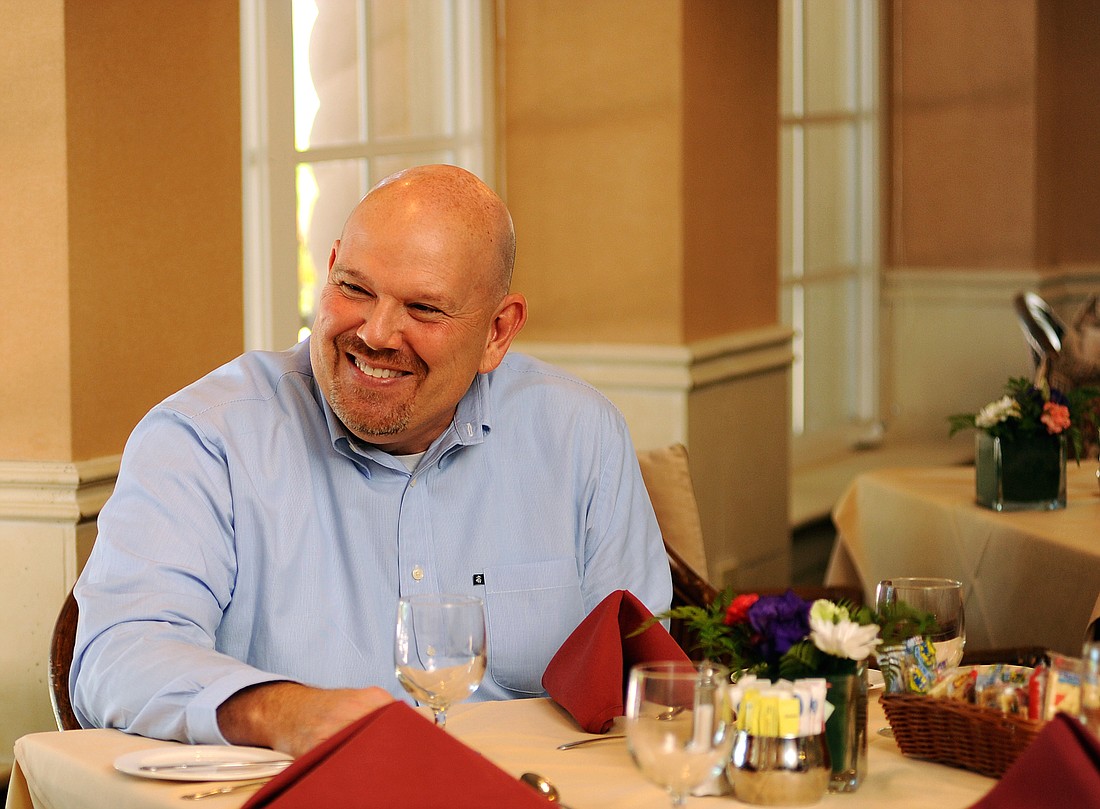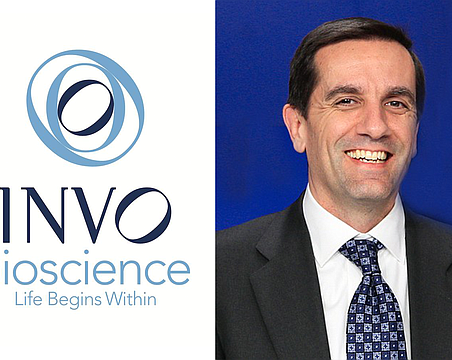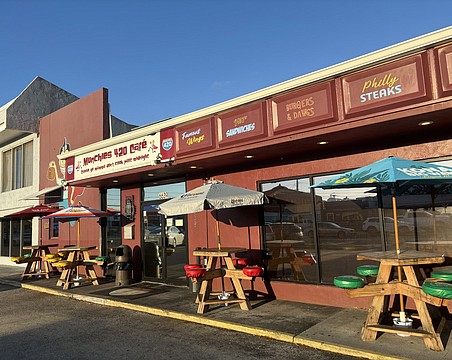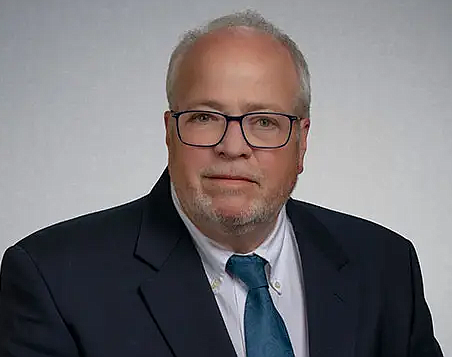When Greg Wann worked in human resources for Disney, he went overseas for three years to help open Hong Kong Disneyland.
He had a mammoth task there: hire 5,000 people out of nearly 100,000 applications. Training, Wann says, is important. But one key lesson he learned is to select the right people in the first place.
During this time, Wann was also introduced to the world of senior care. With his father living in Indiana, he learned firsthand the challenges of helping remotely with the care of a loved one. “I know what it's like,” he says. “It’s challenging.”
That experience helped Wann connect with the clients he serves now, in another career. Wann does that through Homewatch CareGivers of Sarasota, which he has owned for nine years. The home health care franchise mostly serves clients in Sarasota but also some in the surrounding area. The company has between 50 and 65 employees, picking up when snowbirds are in town. “It’s been nice steady growth,” Wann says. “We grow most years.”
“If you see someone having issue or problem, you stop and help them. No matter how busy you are, guest experience came first.” — Greg Wann, president and owner, Homewatch CareGivers of Sarasota
Prior to entering the home health field, Wann worked for Disney for nearly 20 years. Along with being involved in the opening of Hong Kong Disneyland, he also helped open Disneyland Paris and ran Disney University.
During that time, the company’s culture and customer service values became second nature to him, he says. Now he has imbued those values into Homewatch CareGivers, which has allowed the business to stand out and earn customers in a crowded industry. Organizations of a variety of stripes, he says, would be wise to follow the Disney way, too. “They definitely apply to a wide range of not only for-profit but nonprofit organizations as well,” Wann says.
At Disney, for one, there was a concept called “intent to return.” It’s about creating an incredible experience for customers instead of just a good one, he says, so guests want to come back.
That’s what Wann strives to do with Homewatch, too. “We really want the family’s experience and our clients’ experience to be great, not just good or OK,” he says. One benefit? The approach often leads to referrals. “One of our biggest streams of new clients over the years has been our existing clients,” he says.
In employee orientations at Disney, Wann says they used to tell a story about a family that had been saving up for years to go to Disney. Even the kids in the family saved up money in their piggy bank, and it would probably be the family’s only opportunity to go. “If you knew that it was that family that you were providing service for, would it change sort of the lens that you looked at things with?” Wann uses inspiring stories during employee orientations and on an ongoing basis at Homewatch.
The Disney guest service approach applies particularly to Homewatch’s clients with dementia. Disney preaches patience and employees slowing down and taking their time with customers. “If you see someone having an issue or problem, you stop and help them,” Wann says. “No matter how busy you are, guest experience came first.”
Wann wants his Homewatch employees to take that to heart. “The main thing is listening and watching very carefully,” he says. “I think what ties into that closely is patience. I hear from a lot of our clients: ‘Everybody rushes me. Everyone wants to push things so fast.’ We make sure our employees are patient.”
Over the past three or four years, Wann says the company has developed a niche in caring for clients with Parkinson’s disease — about 20% of Homewatch’s clients have it. “It started with the idea of how to serve our clients better,” he says, along with how the company could serve its caregivers better and invest in them, so they would want to stay with the firm. Specialized Parkinson’s training for caregivers increases their confidence, he says, and the opportunity serves as a differentiator for the company when attracting caregivers.
A monthly survey of 10% of Homewatch’s clients and 10% of its staff allows Wann to determine if additional employee training might be needed or if the company is on the right track. The survey results include graphs, charts, comparisons to the industry and quotes from clients and staff. One of his favorite things to do in staff meetings, he says, is look at the report together. Wann says, “The whole idea of listening to the guest and listening to your employees in a structured, scheduled way is also a way that you improve things and make things better.”






